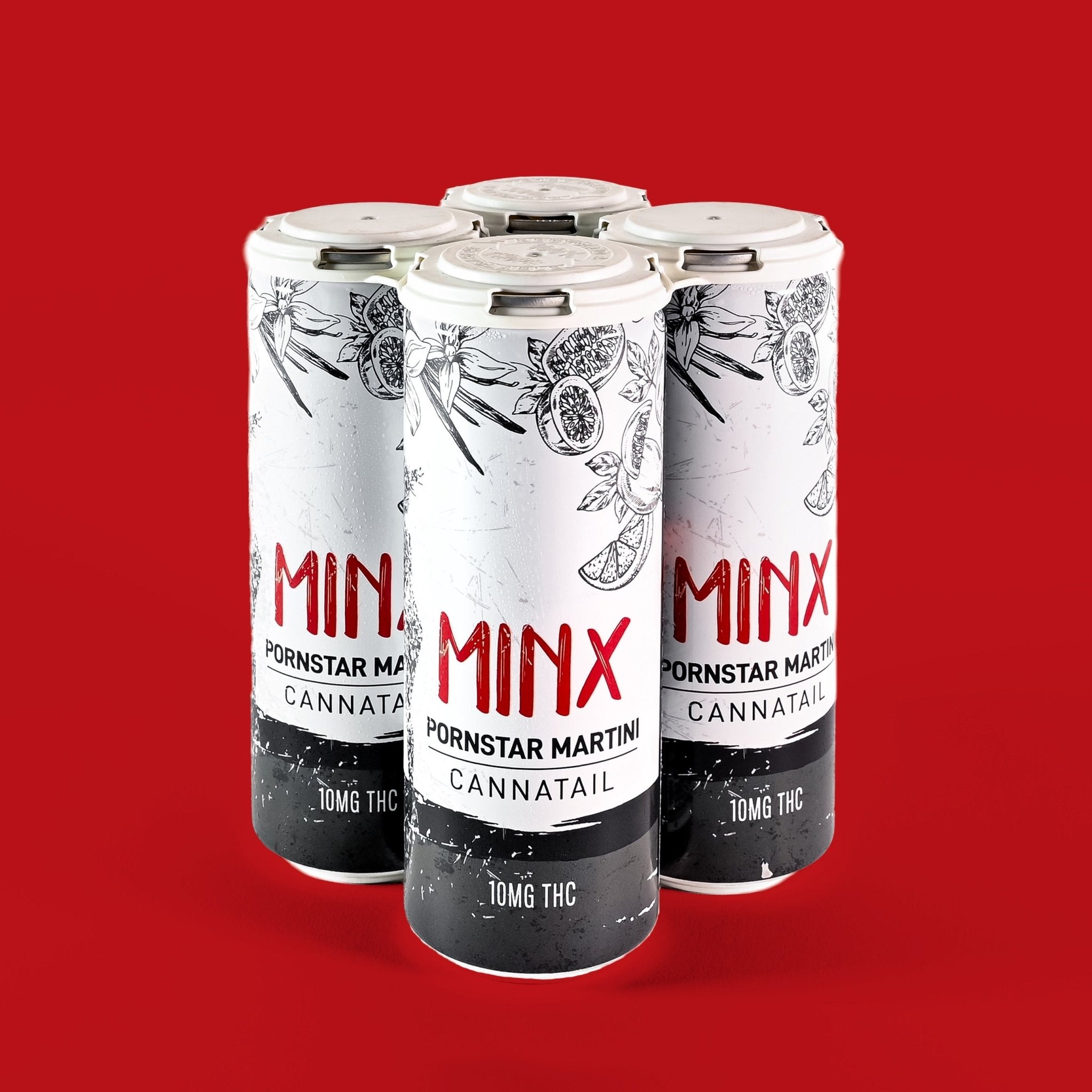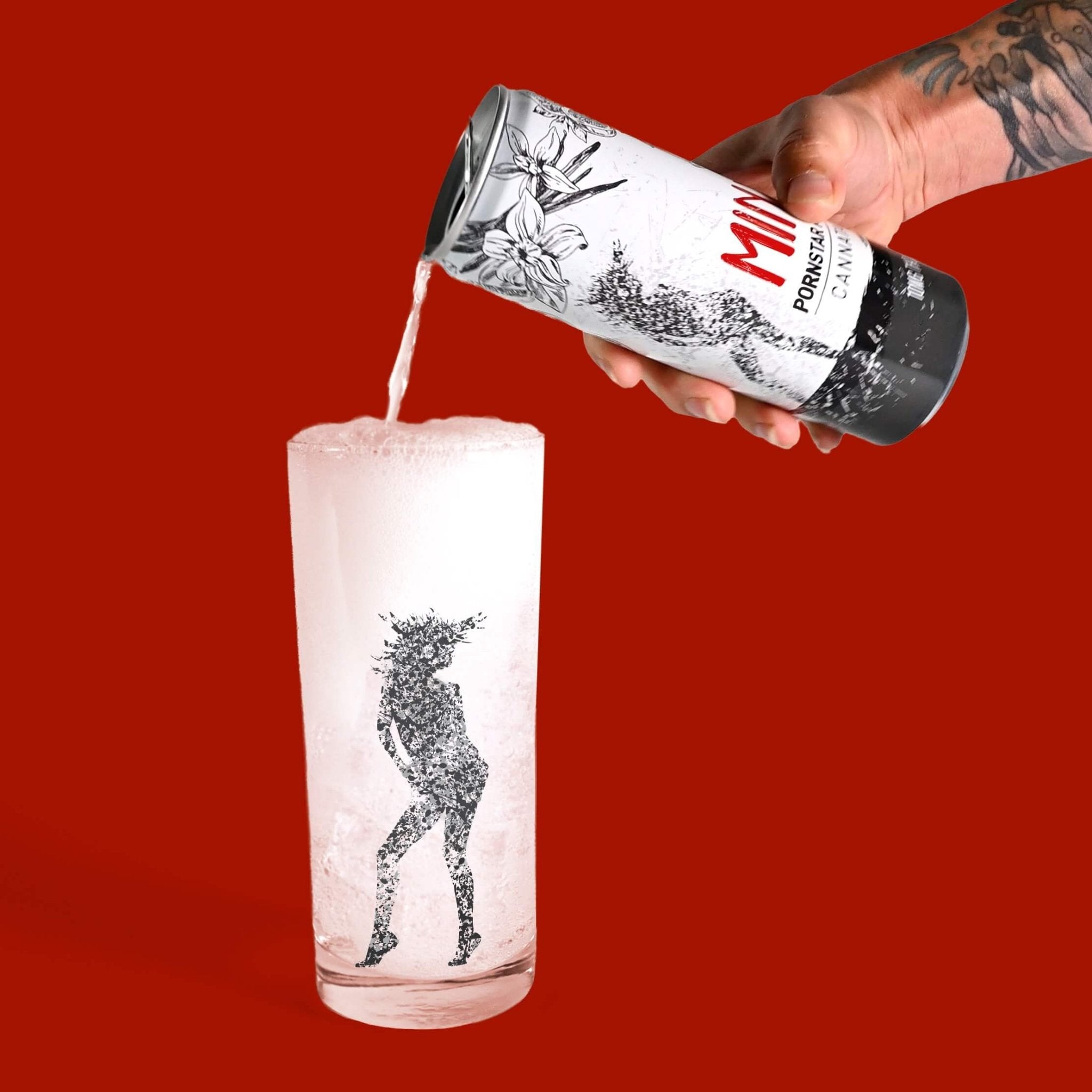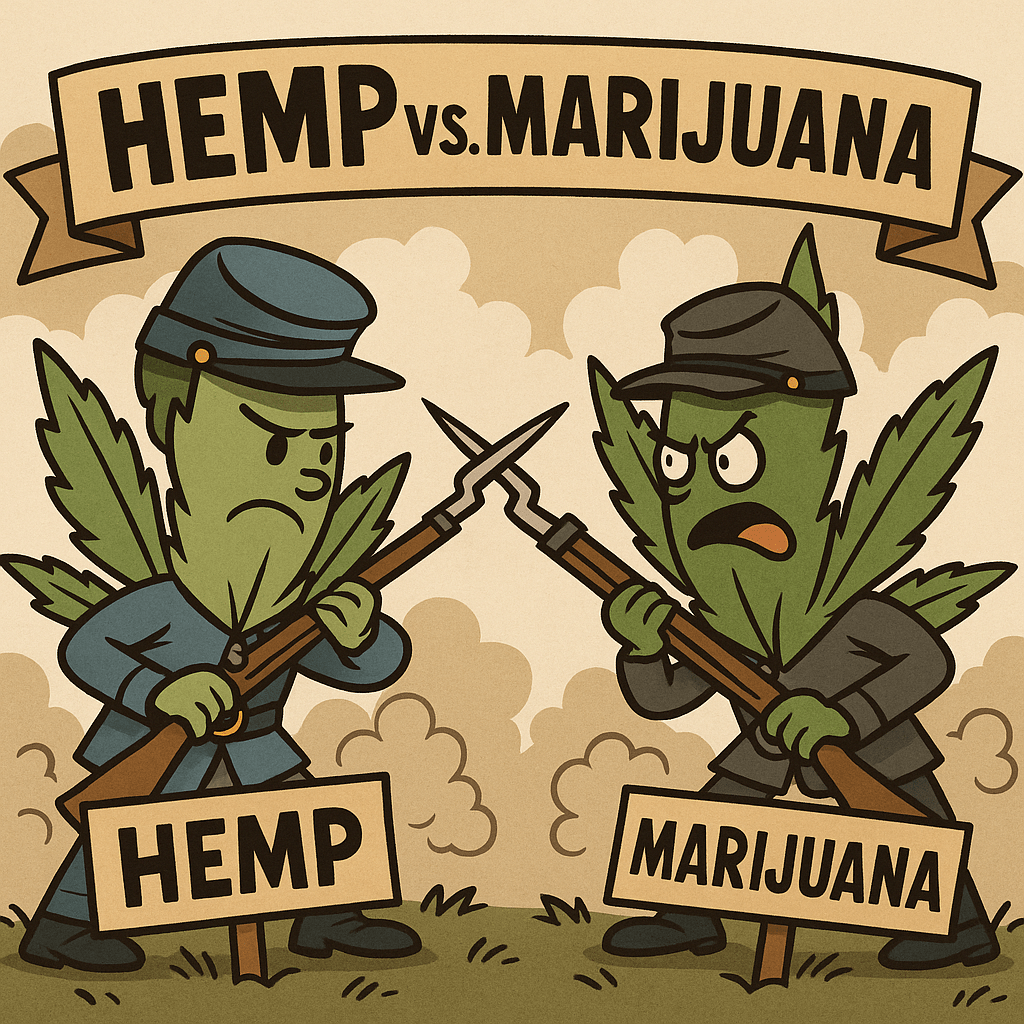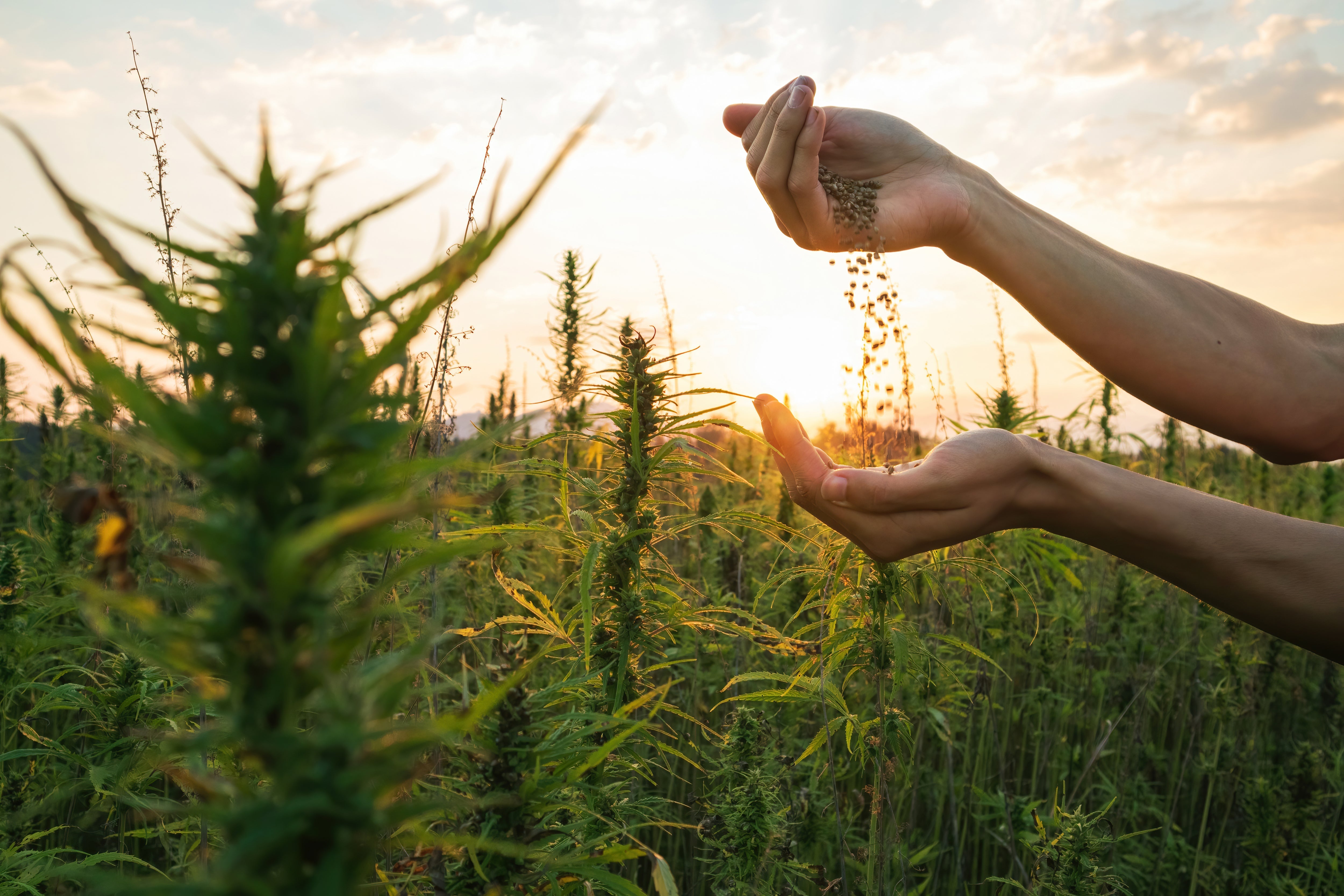Rep. Ilhan Omar has stepped into the center of the national hemp debate, taking a bold stance as federal lawmakers attempt to push through a sweeping ban on intoxicating hemp-derived THC products. With Congress moving to redefine “hemp” and severely restrict — or effectively eliminate — the majority of hemp-derived THC items on the market, Omar is fighting for state-level exemptions for states that already have responsible regulatory systems in place.
And Minnesota, her home state, is one of them.
Omar argues that wiping out these state-regulated industries would be “a tragedy.” Minnesota created one of the strongest, safest, and most transparent hemp-THC markets in the entire country. It has age restrictions, testing standards, packaging rules, licensing, and genuine oversight — everything Congress says it wants.
And now, with the federal government threatening to ban nearly every hemp-derived intoxicant through broad redefinition, Omar is urging other states to join her in pushing for a carve-out.
“We need to speak up,” she said, emphasizing that states with real regulatory frameworks must act before outside advocacy groups and federal regulators reshape the narrative without them.
This is more than political posturing. It’s a fight for jobs, small businesses, tax revenue, and public safety — and the outcome will shape the future of the hemp-THC industry for years to come.
What Lawmakers Are Actually Thinking: Two Completely Different Visions for Hemp’s Future
The push for an exemption has ignited a profound split in Congress. Lawmakers are not simply disagreeing over “how” to regulate hemp-THC; they are disagreeing on what hemp even is and whether intoxicating hemp products should exist at all.
Below are the two dominant camps — and what motivates each.
1. The Carve-Out Coalition: “States With Real Regulations Should Keep Their Markets.”
This camp includes lawmakers like Rep. Ilhan Omar and others from states with regulated hemp-THC programs. Their thinking rests on a few core pillars:
States Fixed the Problem Washington Ignored
For six years, federal regulators sat on their hands while the hemp industry evolved. States like Minnesota stepped up to regulate:
-
Age limits (21+)
-
Lab testing and transparency
-
Packaging and labeling requirements
-
Licensed manufacturing
-
Child-resistant packaging
-
Advertising restrictions
Minnesota proved that hemp-derived THC can be responsibly, safely, and successfully regulated.
A Federal Ban Destroys Real, Legal Markets Overnight
The proposed federal definition changes include:
-
Counting total THC, including THCA
-
THC caps as low as 0.4 mg per container (essentially zero)
-
Reclassifying most hemp-THC products as illegal
For regulated states, this is not regulation — it’s annihilation.
States Should Have the Right to Set Their Own THC Rules
Omar’s coalition believes the federal government should set basic safety rules, but allow states to shape product formats, potency, and standards — just like alcohol.
In other words:
The federal government should protect consumers, not bulldoze existing state markets.
2. The Federal Crackdown Camp: “Shut It Down, Close the Loophole, No Exceptions.”
On the opposite side are lawmakers like Rep. Andy Harris, who essentially view all intoxicating hemp-derived products as a mistake created by the 2018 Farm Bill.
Their reasoning:
They Believe Hemp-Derived THC Was Never Intended to Be Legal
This camp argues that Congress only intended to legalize:
-
Industrial hemp
-
Fiber
-
Grain
-
CBD supplements
Not gummies, vapes, drinks, or THCA flower that get consumers high.
They See Hemp-THC as a Public Health Threat
To them, the entire industry is a bypass of state marijuana laws. They point to:
-
Youth access
-
Look-alike candy
-
Inconsistent testing
-
Unregulated products online
And they believe a national ban is the simplest and safest solution.
They Reject Carve-Outs Completely
Harris and others oppose exemptions because they believe:
-
A patchwork system won’t work
-
Some states will regulate, others won’t
-
It reopens the loophole they’re trying to close
Their message is blunt:
If intoxicating hemp is dangerous, it shouldn’t be legal anywhere.
And Right Here Is Where Nothing But Hemp Enters the Debate
As Congress argues over bans, carve-outs, and federal control, Nothing But Hemp has a clear and principled stance:
We do NOT support a federal ban on hemp-derived THC.
We DO support clear, reasonable federal safety regulations.
Nothing But Hemp believes the federal government’s role is to set baseline protections, not eliminate entire state-regulated industries.
Here is exactly what we support at the federal level — and what we oppose.
Nothing But Hemp’s Position: Regulation, Not Prohibition
Nothing But Hemp believes the federal government should create minimum national safety standards, and then allow states to design the details.
What Federal Law SHOULD Require
1. 21+ Age Restriction Nationwide
Every hemp-derived THC product should be sold strictly to adults, no exceptions.
2. Certified Child-Resistant Packaging
Prevent accidental consumption. Protect families. Raise industry standards.
3. A Federal Ban on Synthetics and Conversions
No delta-8, no delta-10, no hydrogenated cannabinoids, no mystery isomers.
If it’s synthetic? Ban it.
If it’s chemically converted? Ban it.
If it’s not naturally occurring in hemp? Ban it unless they can prove the method is safe.
Period.
4. No Look-Alike or Child-Appealing Products
Federal law should ban any product that resembles:
-
Candy shapes
-
Gummy bears or worms
-
Popular snack brands
-
Cartoons
-
Neon candy packaging
Child-appealing products have no place in responsible hemp commerce.
5. No Federal Milligram Caps or Container Limits
Potency caps should be state decisions, not federal mandates.
Minnesota’s needs aren’t Florida’s needs.
Wisconsin’s market isn’t New York’s market.
Rural states and metropolitan states have different consumption patterns.
Federal policy should protect, not micromanage.
What Federal Law Should NOT Do
1. No redefining hemp based on “total THC” in a way that bans real products
THCA flower, many gummies, and most beverages would disappear.
2. No national potency bans
States should set their own limits based on their populations and risk profiles.
3. No erasing state-regulated programs
If a state did the work — wrote the rules, regulated businesses, enforced standards — the federal government should respect that.
Why Nothing But Hemp Rejects a Federal Ban
A ban doesn’t eliminate demand — it eliminates safety.
Bans create:
-
A gray market
-
Online black-market shipments
-
Unsafe production
-
Zero age verification
-
Zero testing
-
Zero packaging standards
We’ve already seen how prohibition works:
It doesn’t.
A regulated market is the safest market.
Why State Autonomy Is the Smart, Safe Approach
States should be allowed to decide:
-
THC levels
-
Container limits
-
Product formats
-
Retail licensing
-
Manufacturing standards
-
Distribution requirements
Minnesota proved that state-level systems can work better than federal guesswork.
Let the federal government set adult-use rules.
Let the states set the details.
That’s the model that protects:
-
Consumers
-
Children
-
Legitimate businesses
-
Farmers
-
Small manufacturers
-
Retailers
-
Innovation
-
Economic growth
It’s the same model that works for alcohol and tobacco.
A Final Thought: The Future of Hemp Depends on Whether Logic or Fear Wins
Ilhan Omar’s push for state exemptions represents a practical, realistic vision for hemp in America. She understands what’s at stake:
-
Jobs
-
Small businesses
-
Farming communities
-
Regulated safety standards
-
Consumer choice
-
State autonomy
On the other side, lawmakers pushing a blanket ban view hemp-derived THC as a loophole that should never have existed.
How Congress resolves this clash will determine whether the hemp industry evolves responsibly — or whether prohibition pushes it back into the shadows.
Nothing But Hemp stands firmly on the side of responsible regulation, adult access, consumer safety, and state-controlled detail — not federal eradication.







































